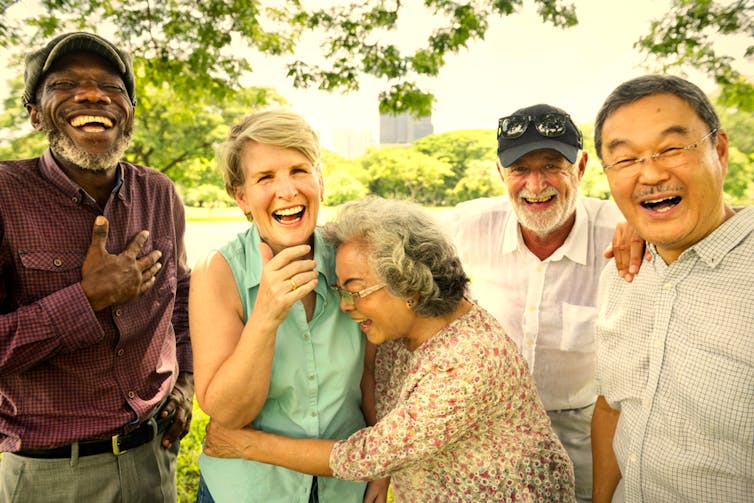What are the characteristics of strong mental health?
Mental health is more than just the absence of mental illness. Positive mental health involves feeling good and functioning well, and there are ways to improve even if you don't have a mental illness.




